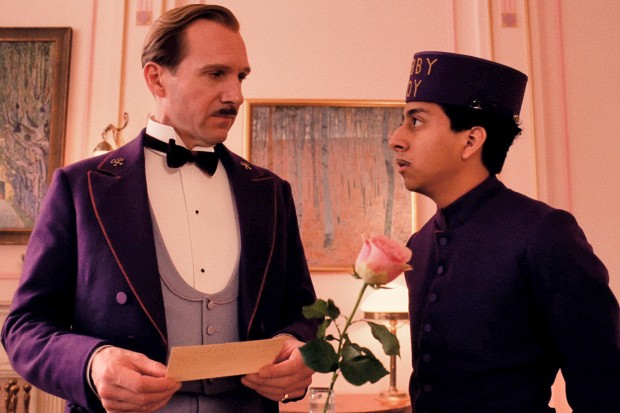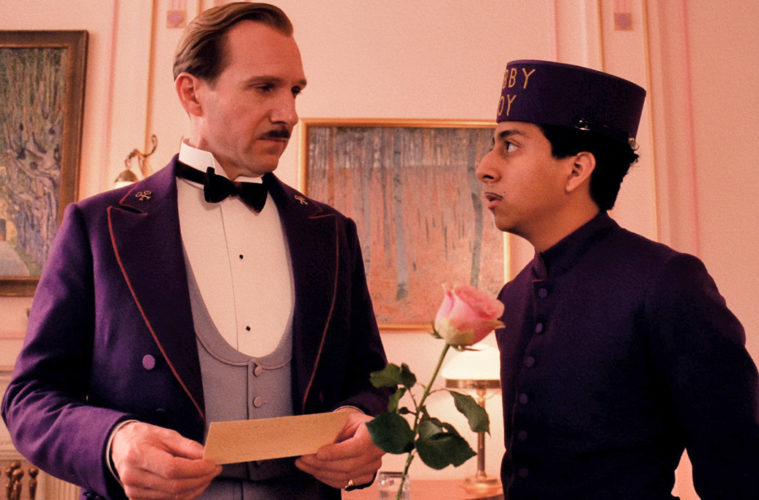
Dailies is a round-up of essential film writing, news bits, and other highlights from across the Internet. If you’d like to submit a piece for consideration, get in touch with us in the comments below or on Twitter at @TheFilmStage.
TSPDT’s list of The 21st Century’s Most Acclaimed Films has been updated for 2015, adding Whiplash, The Grand Budapest Hotel, Under the Skin, and Boyhood.
Watch a video comparing Birdman and Black Swan:
Film Comment‘s Nick Pinkerton on opinion fatigue:
We have less time than ever—this applies to almost everyone in the work force, but I am in particular talking about the culture journalism racket, the one that I happen to know something about—because we are always meant to be at work. For the rank-and-file journo, this means more output without more consequent time for research. The world-at-a-fingertip Internet, responsible for both the uptick in demand for content and the new ease of access to a great deal of the amassed content of the ages, is meant to make up the difference by slashing the time necessary to dedicate to the research process. Which of course it does, but only up to a point—certain research can only take the amount of time that it takes, be it shoe-leather reportage or the arts journo equivalent, reading a book, listening to an album, visiting a gallery, going to a concert, or watching a movie. (This is not to speak of actually living with and close-reading these texts, or doing the supplementary research which would allow one to provide a cultural or historical context for them without falling back on received wisdom, cliché, and wiki-paraphrase.) It’s here, on the experiential end, that we can least afford to cut corners, though practically it’s where the gouging usually comes in, because everything which takes the freelancer away from their computer cuts into their income. When direct experience is scaled back, the writer has only two resources to draw upon: their search engine, and their feels.
Criterion profiles how Fellini Satyricon was marketed America, including a radio spot:
Keyframe‘s Dennis Harvey on the passion within Orpheus and Senso:
Movies have always made more time for Love Gone Wrong than florists and greeting card companies, despite the tradition of the happy (or “Hollywood”) ending. An imploding relationship is a spectacle one can hardly help but stop and gawk at. It stirs sympathy, of course, as well as morbid fascination, the latter benefitting from schadenfreude: Such things may have happened to you before, but thank god, this time they are happening to someone else. Even better, someone fictive.

